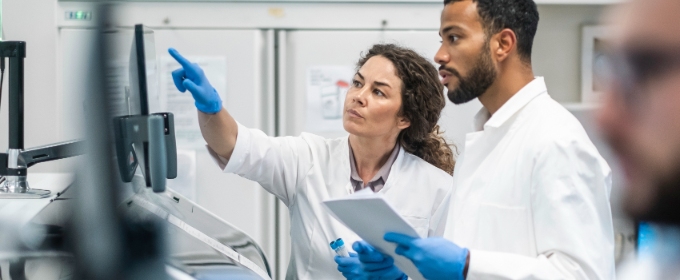Antimicrobial resistance (AMR) looms among the greatest health and economic challenges of the 21st century. AMR causes more than 1 million deaths annually; by 2050, this number is forecast to double, piling over $1 trillion in additional costs onto stretched healthcare systems worldwide. Without urgent action, we risk a future where treating infectious diseases, chemotherapy, […]









